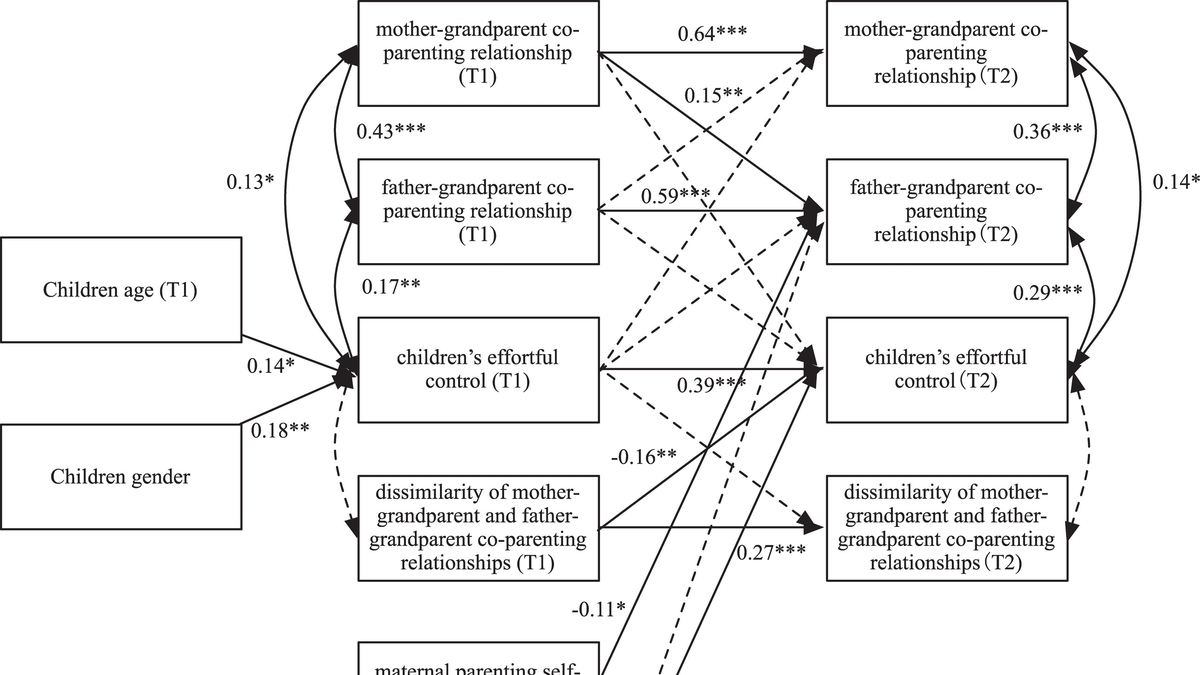The Connection between Maternal Depression and Children’s Behavioral Self-Regulation
Recent research has started to uncover the intricate factors influencing a child’s growth. A study in a Chinese family context investigated how maternal depression, supportive parenting, family screen time, and children’s behavioral self-regulation are interlinked. The results suggest that maternal depression impacts children’s behavioral self-regulation. Notably, this link is influenced by the level of supportive parenting and the extent of screen time in the family environment.
Parental Phone Snubbing and Device Usage
Other studies have looked into the concept of ‘parental phone snubbing,’ which refers to a parent excessively using electronic devices instead of interacting with their child. Data from a survey of 612 parents indicated a connection between parental phone snubbing and increased electronic device use in children. Instances of parent-child conflict, often stemming from parental phone snubbing, were identified as a factor in this relationship. Children’s ability to regulate emotions also played a role, with effective regulation lessening the negative impact of parental phone snubbing and enhancing relationship quality.
Childhood Abuse, Emotion Regulation, and Sleep Challenges
Further research has explored the links among childhood abuse, difficulties in emotion regulation, externalizing issues, and sleep disturbances, particularly in Chinese teenagers. These studies found direct positive relationships between childhood abuse and emotion regulation challenges with sleep problems. Moreover, childhood abuse indirectly impacted sleep issues through the mediating effect of emotion regulation difficulties. These results highlight the significance of addressing these concerns among adolescents.
The Significance of Residential Green Areas
Another intriguing study area examines the impact of residential green spaces on children’s mental and behavioral well-being. Greater greenery around residential areas was linked to lower internalizing behavior scores in children aged 4-6 years. This suggests that urban green spaces could play a vital role in preventing internalizing problems in young children.
Maternal Depression, Parenting, and Device Usage
Revisiting the primary research focus, a detailed analysis of the relationship between maternal depression, parenting styles, family screen time, and children’s behavioral self-regulation provides critical insights. Maternal depression and increased family screen time are linked to decreased levels of children’s self-regulation. However, positive parenting approaches can counteract these adverse effects. These findings stress the importance of supportive parenting and regulated screen time during early childhood for optimal development.
In summary, the impact of maternal depression, parenting methods, and family screen time on children’s behavioral self-regulation is multifaceted and intricate. The discoveries from these studies offer valuable information for future interventions and highlight the ecological theory’s emphasis on the crucial role of family dynamics in child development.

